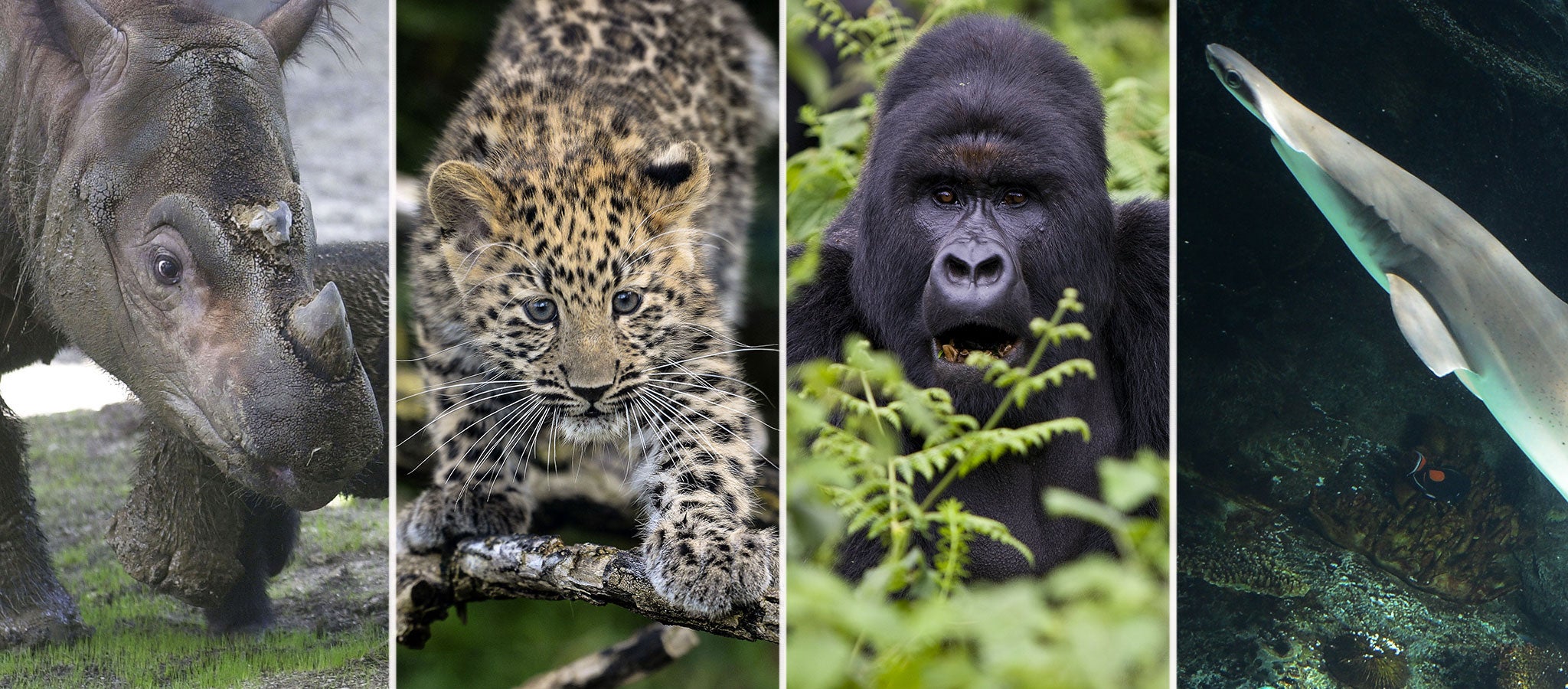Humans are turning the Earth into a 'lonely and very dangerous planet', ecologist warns
Mankind is wiping out species so fast it could put the world into an irreversible ''downward spiral'

Your support helps us to tell the story
From reproductive rights to climate change to Big Tech, The Independent is on the ground when the story is developing. Whether it's investigating the financials of Elon Musk's pro-Trump PAC or producing our latest documentary, 'The A Word', which shines a light on the American women fighting for reproductive rights, we know how important it is to parse out the facts from the messaging.
At such a critical moment in US history, we need reporters on the ground. Your donation allows us to keep sending journalists to speak to both sides of the story.
The Independent is trusted by Americans across the entire political spectrum. And unlike many other quality news outlets, we choose not to lock Americans out of our reporting and analysis with paywalls. We believe quality journalism should be available to everyone, paid for by those who can afford it.
Your support makes all the difference.Humans are turning the world into a “lonely planet” depleted of its rich biodiversity, and there could soon come a point when the mass extinction of species turns into an irreversible spiral of decline, according to a leading ecologist.
Professor Ed Wilson, an authority on biodiversity at Harvard University, said that the extinction rate of species is running at between 100 and 1,000 times higher than in pre-human times and that we are on course to lose half of all animals and plants by the end of the century.
“We’re making a lonely planet. More than that, if we continue to destroy the biosphere it becomes a very dangerous planet,” professor Wilson told i on a recent visit to Britain.
“If you wiped out enough species, all of those say in South America, then that may be a tipping point where you get enough changes globally to begin a downward spiral,” professor Wilson said.
“A tipping point will come, but we don’t know when. However, the important thing is that it will come, and maybe sooner than we thought if we continue to destroy the natural habitat, and in particular the species,” he said.
“You can rehabilitate a damaged habitat to some extent, but you can’t do that if you have gotten rid of species. We would lose them forever, and I think that would be a tipping point in human existence,” he added.
During his visit to the UK, professor Wilson, 85, broke the ground on a £30m construction project on the Isle of Portland on the south coast of England to commemorate the 460 species that are known to have gone extinct in the past 500 years, from the dodo to the Tasmanian devil.
The Mass Extinction Monitoring Observatory will be built from the Portland limestone of the Jurassic Coast, which was used extensively in re-building St Paul’s Cathedral after the Great Fire of London.
“We need a transcendent moral decision to stop species extinction, and that should be made to include the stopping of the destruction of the biosphere,” professor Wilson told i.
Professor Wilson has spent a lifetime studying the biodiversity of rainforests and other wild habitats.
Join our commenting forum
Join thought-provoking conversations, follow other Independent readers and see their replies
Comments